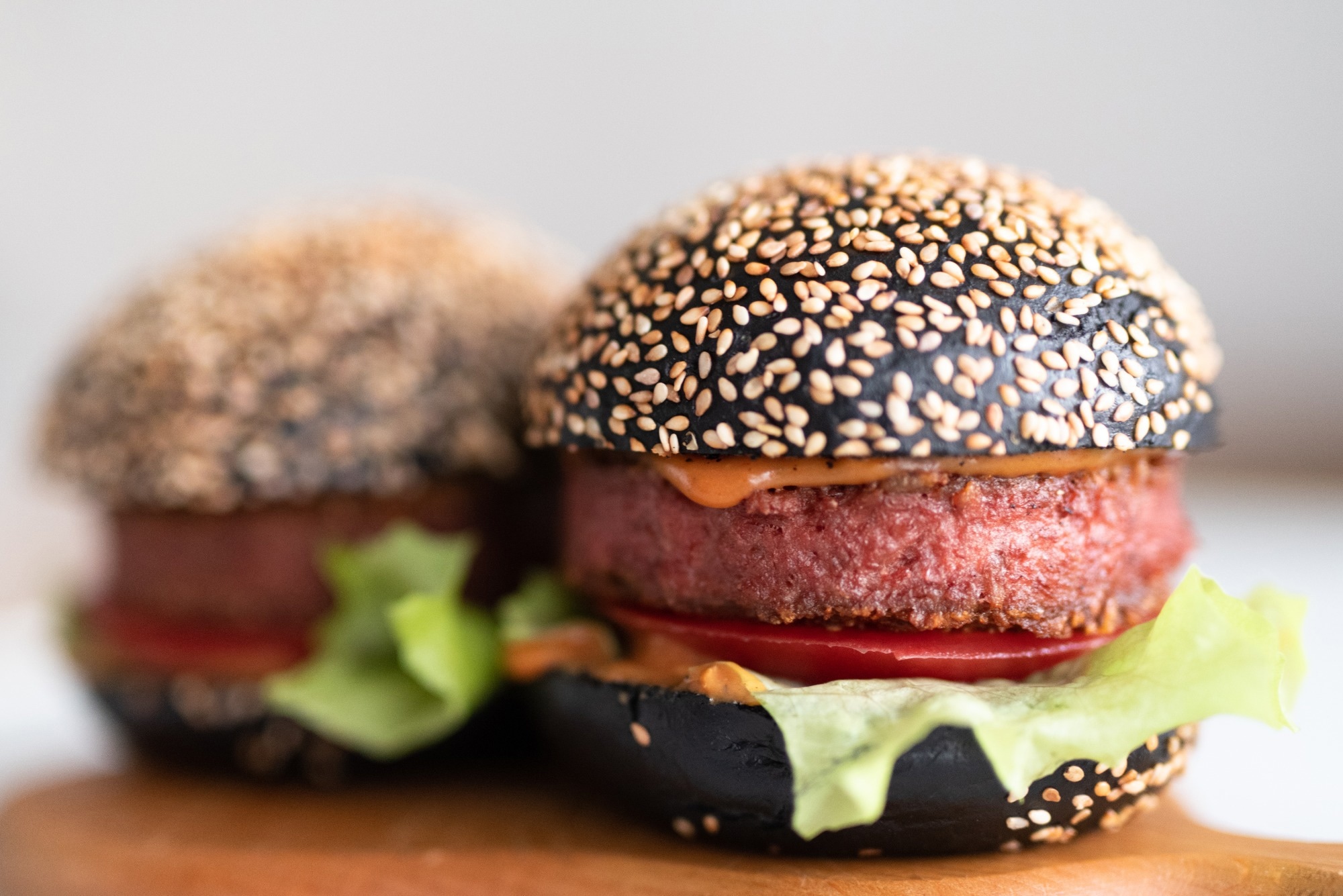Recently, there has been an increasing availability of plant-based alternative products (PBAPs) on the market. This increase has also elevated the degree of concerns over nutritional quality and the degree of processing of PBAPs. Considering these concerns, a recent Food Research International study has simultaneously evaluated the nutrient profiles and levels of processing of PBAPs that could influence health status.
 Study: Are plant-based alternatives healthier? A two-dimensional evaluation from nutritional and processing standpoints. Image Credit: Yevhenii Kondratiuk / Shutterstock
Study: Are plant-based alternatives healthier? A two-dimensional evaluation from nutritional and processing standpoints. Image Credit: Yevhenii Kondratiuk / Shutterstock
Background
As the name suggests, a plant-based diet comprises foods derived from plants, such as vegetables, grains, fruits, legumes, seeds, and nuts. Recently, a greater number of people across the world are following a plant-based diet. This increase can be attributed to several factors, including concerns over animal welfare, environment, and health.
Recently, a continuing increase in the consumption of plant-based food is being observed in Western countries. Parallel to this effect, there has been an increase in the availability of plant-based alternative products (PBAPs), particularly for meat and dairy food products, in the market. Although it is imperative to determine the nutritional benefits of PBAPs, few studies are available. Some studies have indicated the poor nutritional profile of PBAPs, particularly their protein content. Nevertheless, plant-based meat alternatives with reduced saturated fat and higher fiber content could be healthier options than animal-based food products.
It is important to analyze the overall nutrition content of PBAPs and compare them with their homologs. Typically, while producing PBAPs, the food industry concentrates on preserving the physical and sensory aspects of animal-based products. However, in the course of achieving this, the nutritional quality of the PBAPs is often compromised. Previous studies have also indicated that consumption of ultra-processed foods has an adverse effect on the consumer’s health.
About the Study
A total of 2,790 PBAPs are marketed in Spain, which have been classified into fifteen categories. Five major categories of PBAPs are dairy products, cheese, fish, meat, and eggs. These foods were compared to their animal-based product counterparts and unprocessed animal-based foods.
The nutritional information of PBAPs was obtained from the information provided by the manufacturer through fact sheets, official websites, or food packaging labels. The fiber content of all food products was assumed to be zero when it was not declared on the nutritional labels. These data were obtained between February 2020 and December 2021.
The nutrient profile was assessed using the modified version of the Food Standard Agency Nutrient Profiling System (FSAm-NPS) score criteria. FSAm-NPS score was computed based on nutrient content per 100 grams of product using the Nutri-Score calculation tool. The range of scores was defined as 15 (most healthy) to 40 (least healthy). The NOVA system was used to classify food based on the varied food processing degree. This system classifies foods and beverages into four categories, namely, unprocessed or marginally processed foods (group 1), processed culinary ingredients (group 2), processed foods (group 3), and ultra-processed foods (group 4).
Study Findings
This study found evidence contradicting the general belief that plant-based alternatives are unequivocally the healthier alternative to animal-based food products. For instance, the commercially available plant-based cheese had lower protein and high sodium levels than those of animal origin. The level of saturated fat content varied substantially depending on the main ingredients used. This can be explained using the example of the PBAP cheese produced from nuts, which has low saturated fat content compared to a cheese of animal origin. In contrast, plant-based cheese containing coconut butter has a higher saturated fat content.
Interestingly, a similar amount of sugar was found in both plant-based dairy alternatives and yogurts and milk of animal origin. However, this result is not consistent with previous studies that revealed a lower amount of sugar in plant-based dairy alternatives. Consistent with the findings of previous studies, this study revealed that plant-based seafood had lower protein and saturated fat content compared to their animal counterparts. Furthermore, the nutritional composition of meat alternatives exhibited lower protein and saturated fat content and higher fiber content compared to their animal origin.
Based on NOVA classification, around 41% of PBAPs were ultra-processed. The high degree of processing in PBAPs has been attributed to the desire to develop alternative foods with a similar sensory appeal to that of the original product of animal origin. The majority of PBAPs marketed in Spain, included in the Veggie database, were classified into Nutri-Score categories A and B, which implies most healthy. However, some products have been placed in categories 3 and 4 of the NOVA system, indicating processed and ultra-processed products. These findings underscore the need for a two-dimension approach, where both parameters would be considered.
Conclusions
The authors claim this to be the first study to perform a two-dimensional assessment of the degree of processing and nutritional profile of a large sample of PBAPs marketed in Spain. The majority of PBAPs exhibited comparable nutritional profiles to their animal-based counterpart products. However, compared to unprocessed food, these were less healthy due to the high content of fat and salt. In the future, the potential effect of PBAPs on human health must be assessed.